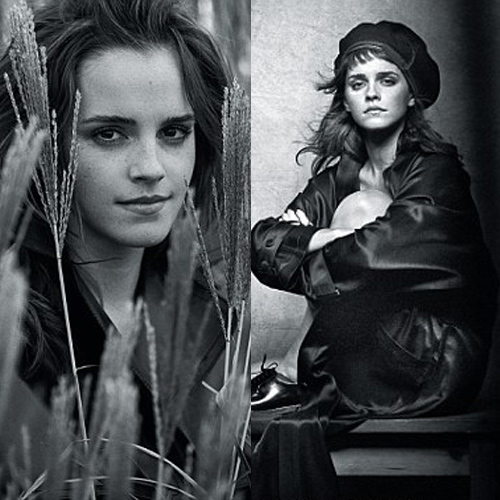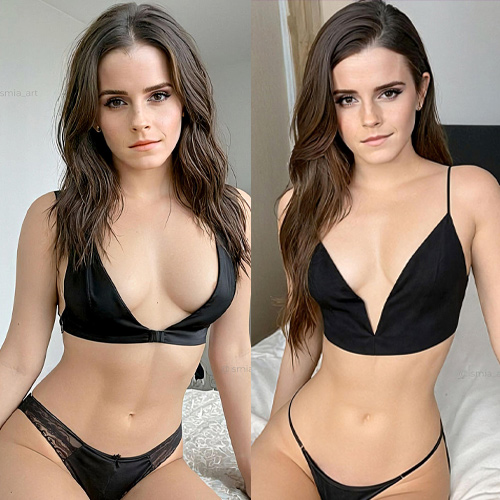Black Widow has had her share of ups and downs in the Marvel Cinematic Universe. While films like “Captain America: The Winter Soldier” showcased her brilliance, others like “Avengers: Age of Ultron” didn’t quite hit the mark. However, Natasha Romanoff, also known as Black Widow, has always been a hidden gem in the MCU. She stole the spotlight in every movie she was in and was one of the few female characters who made a consistent impact during the franchise’s early days. Despite Johansson’s impressive supporting performances, it became increasingly apparent that she needed her own standalone film to truly shine.
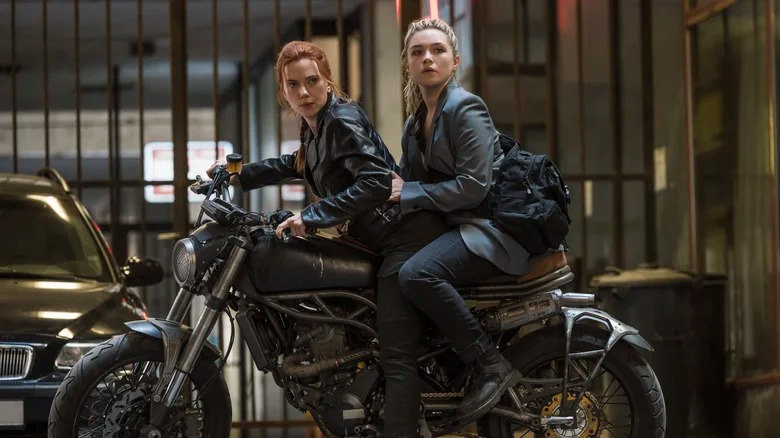
When Marvel finally released a standalone film centered around Black Widow, it felt like it was long overdue. “Black Widow” found itself in the middle of the franchise’s extensive collection of movies, doing justice to its title character but not quite living up to the anticipation. The timing of the film, coming after Natasha’s sacrifice in “Avengers: Endgame,” seemed like a consolation prize for fans who had been demanding more female-centered stories for over a decade.
It’s interesting to note that “Black Widow” was only the second Marvel Cinematic Universe (MCU) film to feature a female protagonist, following 2019’s “Captain Marvel.” So why did it take Marvel so long to give the audience what they wanted and embrace the idea that the future is female? The answer can be traced back to former Marvel CEO Ike Perlmutter and the complications that arose behind the scenes, as detailed in the book “MCU: The Reign of Marvel Studios.”
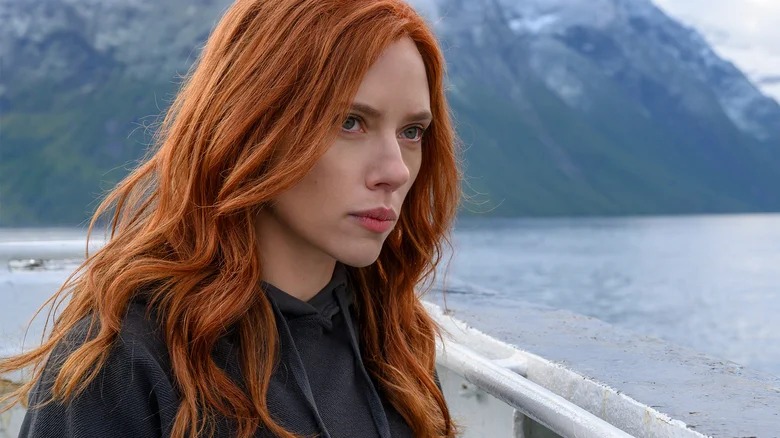
The idea of a Black Widow movie had been circulating even before the Marvel Cinematic Universe was formed. Discussions began as early as 2004 when Lionsgate obtained the rights to adapt the character for a feature film. At that time, Black Widow was seen as an ideal Marvel character to bring to the big screen, given the growing popularity of spy films like those featuring Jason Bourne.
David Hayter, the screenwriter of the “X-Men” movies, was chosen by Lionsgate to write and direct the Black Widow film. However, his progress was halted due to a wave of female-led action movies that received mixed reactions. Hayter explained that movies like “Tomb Raider,” “Underworld,” and “Kill Bill” were successful, while others, like “Æon Flux” starring Charlize Theron, did not fare well at the box office. As a result, Lionsgate decided to cancel the Black Widow movie shortly after the disappointing release of “Æon Flux.”
Hayter, who later worked on projects like Zack Snyder’s “Watchmen” and Netflix’s “Warrior Nun,” still reflects with regret on the canceled plans for the Black Widow film. He understood the studio’s reasoning regarding the saturated marketplace, but he couldn’t help but feel disappointed. He had invested a significant amount of time in the project and even named his daughter Natasha, coinciding with the time when he was involved in the development of the film.
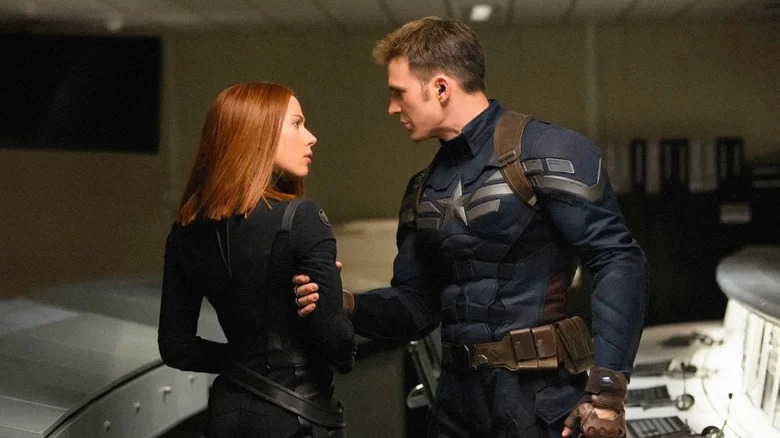
Marvel Studios faced the challenge of introducing a female-fronted superhero film when Black Widow made her debut in “Iron Man 2.” Fans immediately expressed their desire for a solo Black Widow film, but Marvel and the Creative Committee were hesitant about the idea.
However, Scarlett Johannson, who portrayed Black Widow, was determined to prepare the character for her own standalone film. Collaborating with Joss Whedon, Johansson delved into Black Widow’s background and explored her journey towards becoming a skilled mercenary. They wanted to delve into the darker aspects of her character and understand the motives behind her acquired skills.
These discussions with Whedon laid the foundation for the eventual solo film for Natasha. “The Avengers” showcased her strong bond with fellow Avenger Clint Barton, revealed tantalizing glimpses of her past before S.H.I.E.L.D., and established her as a determined operative with her own personal agenda. Johansson’s comfort in the role only heightened her captivating performance, especially when she held her own alongside the superpowered men of the team. This led to the “obvious question”: if Thor, Captain America, and Iron Man could continue their adventures in their own films, why couldn’t Black Widow?
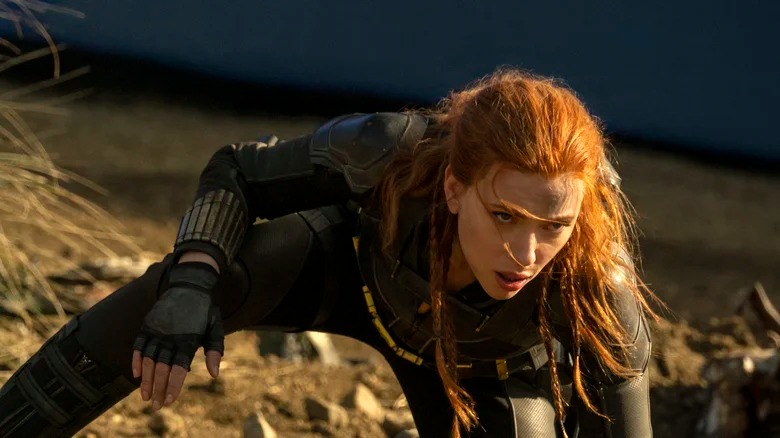
Over time, Marvel Studios seemed indecisive about creating a solo Black Widow movie. In 2011, Kevin Feige mentioned that there were no concrete plans, but conversations with Scarlett Johansson had begun to explore the possibilities. However, despite these discussions, Marvel did not take a definitive step towards greenlighting the film. The primary argument against it seemed to revolve around merchandise sales. Joss Whedon explained in 2013 that toy manufacturers believed that female superheroes would not generate enough revenue. This viewpoint was supported by Ike Perlmutter, Marvel’s head at the time, who had a background in the toy industry. Consequently, Black Widow action figures were notably absent from store shelves, and this trend extended to other female characters like Zoe Saldaña’s Gamora from “Guardians of the Galaxy.”
The situation reached a critical point in 2015 when an email from Perlmutter to a Sony executive was leaked. In the message, Perlmutter referred to female-led superhero movies like “Catwoman” and “Elektra” as financial failures, presumably discouraging Sony from pursuing a female action hero film. This incident coincided with Sony’s announcement of their plans to develop a female-centric story within the Spider-Man Universe, which Perlmutter seemed to disapprove of based on his email to Sony’s Michael Lynton.
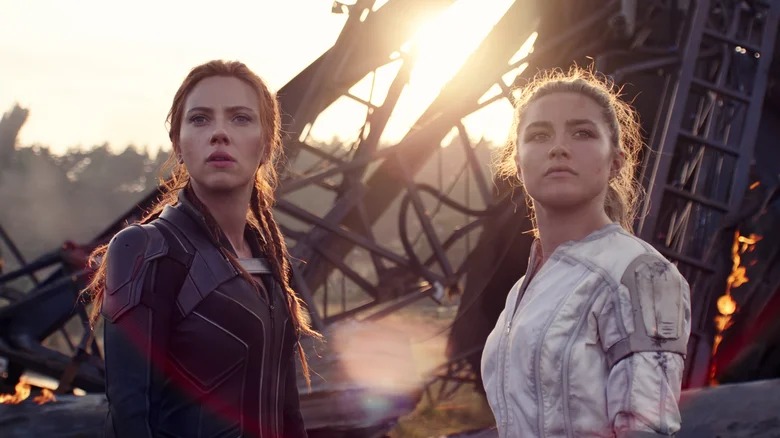
Jay Maidment//Marvel Studios
When news of Perlmutter’s leaked email broke, the public outcry against the lack of representation for female heroes in the MCU reached its peak. Although female fans were more prominent than ever, Marvel continued to sideline these characters. The absence of the Wasp from “The Avengers,” despite her being a founding member in the comics, disappointed fans just as much as Black Widow’s treatment. While the 2015 film “Ant-Man” featured the Wasp, it didn’t fully utilize her character. On the other hand, “Guardians of the Galaxy” managed to attract a significant female audience (over 40% of the viewers), showing that change was necessary. However, Marvel remained unaffected by these demands.
Even Marvel head Kevin Feige seemed to have had enough, indirectly addressing Perlmutter’s emails in a 2014 interview. He criticized the claim that people don’t want to see movies with female heroes by highlighting successful female-led films like “Hunger Games,” “Frozen,” “Divergent,” “Kill Bill,” and “Aliens.” Feige’s remarks revealed his dissatisfaction with Perlmutter and the Creative Committee.
Feige’s vocal criticism was just one example of his efforts behind the scenes. In 2017, Vanity Fair reported that Perlmutter had been quietly sidelined in a much-needed management restructuring at Disney. Sources close to Marvel attributed this change to Perlmutter’s outdated opinions on casting, budgeting, and merchandising, as well as his support of Donald Trump during his presidency.
Once Feige was promoted to Chief Creative Officer, the MCU took immediate steps toward inclusivity. Films like “Black Panther” and “Captain Marvel” finally reflected the diversity of their audience. These actions laid the groundwork for the release of “Black Widow” in 2021. However, even with the obstacles cleared, the film faced its own set of challenges.
Despite the frustrations, it is now clear why it took so long for Marvel to prioritize women-centered films. The studio has since introduced a roster of powerful female heroes who owe their existence, in part, to Black Widow and Scarlett Johansson. It is disheartening that Johansson’s character had to meet her demise in “Endgame,” depriving her of the full recognition she deserved. “Black Widow” showcased her potential while giving fans a glimpse of the blockbuster vehicles they had been craving.
While Marvel grapples with new issues in its latest phase, the Black Widow mantle seems to be in good hands with Florence Pugh’s Yelena Belova. Hopefully, audiences won’t have to wait another decade to witness her own solo adventure.


